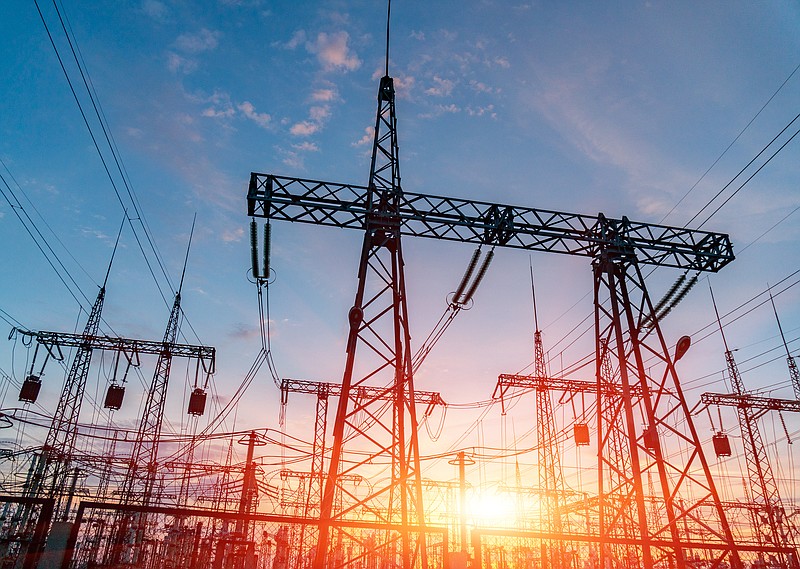Public power in Tennessee is not open to the public in parts of the state and may require new state rules to ensure greater public accountability, environmental advocacy and consumer groups said Tuesday.
Less than half of Tennessee's 23 electric membership cooperatives (EMCs) allow their members to attend board meetings and only three EMCs offer community solar programs, according to a study released by Appalachian Voices and two other rural community groups.
"It's shocking that any of these electric co-ops would keep their member-owners from attending a board meeting," said Brianna Knisley, campaign coordinator for Appalachian Voices, an environmental group headquartered in Boone, North Carolina that frequently fights against the mining and burning of coal and promotes renewable power. "We need more state oversight to ensure transparency for all member-owners."
Electric co-ops are nonprofit corporations owned by their members who elect their boards of directors to set local policies for each utility. Most of Tennessee's co-ops were created in the 1930s to help distribute TVA power to rural areas of the Tennessee Valley.
The Tennessee Valley Authority, which is the wholesale supplier to power co-ops and municipal electric utilities in its 7-state region, regulates electric co-ops to ensure nondiscriminatory pricing and fair rates. But local policies, compensation and governance is set by the elected boards of each co-op in accordance with state and federal laws for such member-owned entities.
"Decisions about what services should be provided and how are generally best left up to each indvidual co-op and their members who elect their governing boards," said Trent Scott of the Tennessee Electric Cooperative Associaton, the Nashville-based trade group for the state's electric co-ops. "To my knowledge, every co-op in the state has policies in place that allow members access to their board. The picture that they are painting that members can't approach the board is just not accurate."
Appalachian Voices joined with two citizen groups for power co-ops along the Cumberland Plateau and Upper East Tennessee mountains - Powell Valley Electric Cooperative Member Voices and CEMC Members for Change - to prepare a scorecard on the 23 member-owned cooperatives that collectively deliver electricity to 2.5 million Tennessee and serve 71% of the state's land area. The groups reviewed co-op filings, bylaws and web sites to prepare the scorecard, Knisely said.
Glenda Jernigan, a White House, Tennessee resident who is a member of the CEMC Members for Change, complained that Cumberland Electric Membership Corp. board members get paid too much and don't allow the public to participate in their meetings.
"I think the co-op model was started for a great reason, but when co-ops become so big and go unchecked then you see some of the issues that we see here," she said.
Another CMEC Members for Change member, Teresa Briley of Portland, Tenn., said there are "no feasible options for members to have access to these meetings" of the board, which are not advertised and made available on any web site.
In its rating of democratic governance and how and accessible each utility is in its decision making, Volunteer Energy Cooperative, North Georgia Electric Membership Corp., Tri-County Electric Membership Corp. and Caney Fork Electric Cooperative in the Chattanooga region all received low grades for democratic governance because their board meetings were either not open or publicized.
The scorecard found that more than half of Tennessee co-ops have a monthly fixed charge of more than $15, significantly higher than recommended fixed charges determined by groups like the Regulatory Assistance Project. But the fixed fee is still less than half of the average cost of service for such customers in rural areas of Tennessee, Scott said.
Only three of the 23 co-ops offer members access to community solar program, but Scott said that reflects to decisions by locally elected boards about their energy policies for the areas served by the co-op.
Contact Dave Flessner at dflessner@timesfreepress.com or at 423-757-6340.
